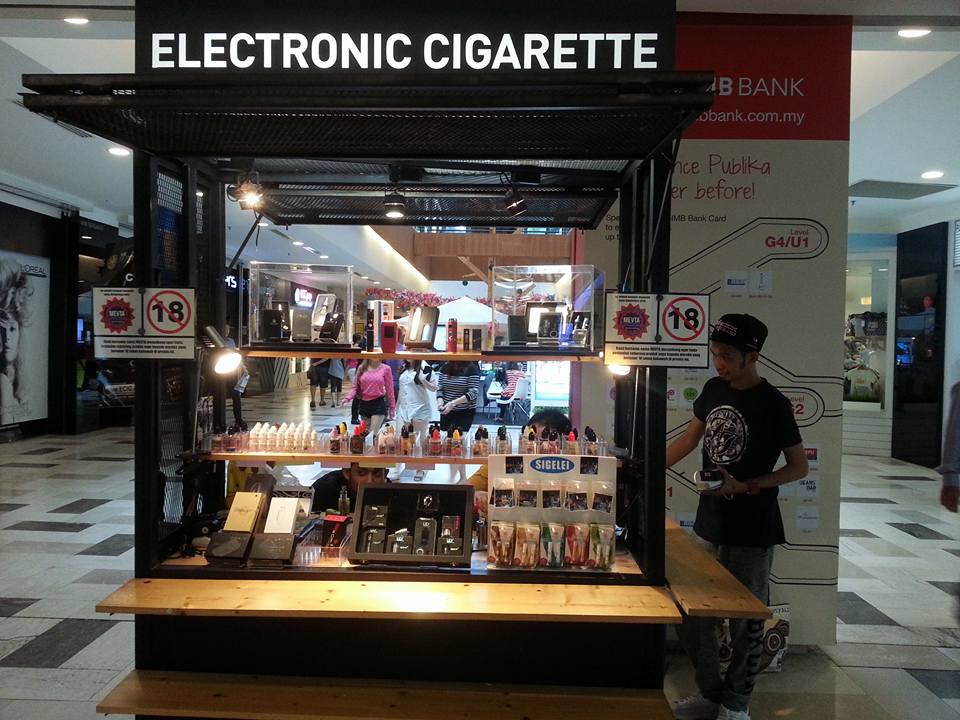KUALA LUMPUR, Jan 22 — E-cigarettes are unsafe for users and equally harmful to those exposed to secondhand vapour emissions, the World Health Organization (WHO) announced.
The public health agency of the United Nations (UN) said e-cigarettes, or Electronic Nicotine Delivery Systems (ENDS), typically contain nicotine, with devices claiming to be nicotine-free being found to have nicotine all the same.
In a Q&A published Monday, the WHO said nicotine is highly addictive and exposure to nicotine in adolescents, in particular, can have long-lasting, damaging effects, noting that it could affect brain development. ENDS involves the inhalation of a nicotine-infused aerosol.
“But it is too early to provide a clear answer on the long-term impact of using them or being exposed to them,” read part of the Q&A published on the WHO’s website.
There is not enough evidence to support the use of these products for smoking cessation, the WHO added, as it recommended other proven, safer and licensed products, such as nicotine replacement therapies, for tobacco users looking to quit.
The WHO’s assertions came even as UK health authorities remained adamant that smokers should switch completely to vaping, insisting that e-cigarettes are 95 per cent less harmful than conventional tobacco cigarettes.
On the other hand, young people who use e-cigarettes are more likely to use conventional cigarettes, cigars, or hookahs, the WHO said. It also said: “We know that ENDS pose clear health risks and are by no means safe”, to a question on whether e-cigarettes are more dangerous than regular cigarettes.
“ENDS increase the risk of heart disease and lung disorders. For pregnant women, ENDS pose significant risks as they can damage the growing foetus,” the WHO said, and cited data to show that ENDS use could cause lung damage especially.
The WHO also pointed out that the liquid in ENDS can burn skin and rapidly cause nicotine poisoning if swallowed or absorbed through the skin, noting that ENDS can also expose non-smokers and bystanders to nicotine and other harmful chemicals.
“There is a risk of the devices leaking, or of children swallowing the liquid, and ENDS have been known to cause serious injuries through fires and explosions.”
The agency added that secondhand ENDS emissions are dangerous as the aerosols in ENDS typically contain toxic substances, including glycol which is used to make antifreeze. ENDS, therefore, pose risks to users and non-users, it said.
The WHO noted that countries can choose to ban e-cigarettes, as has been done in over 30 countries worldwide. They can also be regulated, it recommended.
Malaysia has yet to do either and there are no specific regulations governing the sale and use of vaporisers and e-cigarettes. However, a ban on vaporiser liquids containing nicotine has been in place in the country since November 2015.
Health officials are planning to introduce strict regulations on the sale and use of e-cigarettes and vaporisers through a single law, but this has yet to materialise.
Regulation, ideally, should disrupt the promotion and uptake of ENDS products, reduce the potential health risks to ENDS users and non-users, prohibit false or unproven claims from being made about ENDS, and protect existing tobacco-control efforts, the WHO said.
It further recommended that governments restrict ENDS advertising, promotion and sponsorship as well, so that young people, other vulnerable groups and non-smokers are not targeted, besides calling for a ban on the use of ENDS in indoor public and workplaces.
“Taxing ENDS in a similar way to tobacco products offers a win–win for governments by protecting citizens through higher prices that deter consumption,” it added.







